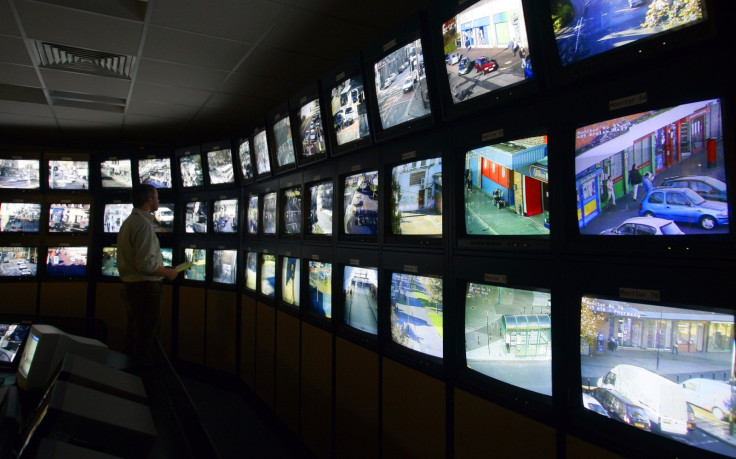Google reveals government surveillance at all-time high
US, Germany, France, UK and India top surveillance requests list.
Google's latest transparency report reveals how international governments request user data information from the tech giant. The report disclosed that between 1 July and 31 December 2015 Google was asked to reveal user data 40,677 times, involving accounts of 81,3111 users – a sharp rise from the 35, 365 requests they received in the first half of the year.
According to the report, the US made it to the top of the list in surveillance requests, with 12,523 requests issued from over 27,167 users. Other countries to make it to the top 5 bracket in surveillance requests were Germany (7,491 requests), France (4,174 requests), the UK (3,497 requests) and India (3,265 requests).
Google also revealed that in 64% of the cases, it complied with governments' requests by providing data on users. However, this number indicates that Google's data handover rate has been steadily decreasing. In 2010, Google handed over user data 76% of the time.
"We're pleased with some of the improvements we've seen in surveillance laws. The European Commission and the United States recently agreed on the Privacy Shield agreement, which includes new undertakings covering procedural protections for surveillance efforts. This shift helps address concerns about the ability of non-US persons to redress grievances concerning data collected and stored by the US government under US law," said Google legal director of law enforcement and information security Richard Salgado.
Salgado pointed out that the "distinctions" made by US privacy and surveillance laws regarding US and non-US user data have become "increasingly obsolete", given the global nature of communications on the internet. Calling for further improvements in policies related to surveillance, he added: "Google looks forward to working on the future rules and standards in countries around the world that, like the Judicial Redress Act, respect the rights of users wherever they may be."

© Copyright IBTimes 2025. All rights reserved.






















